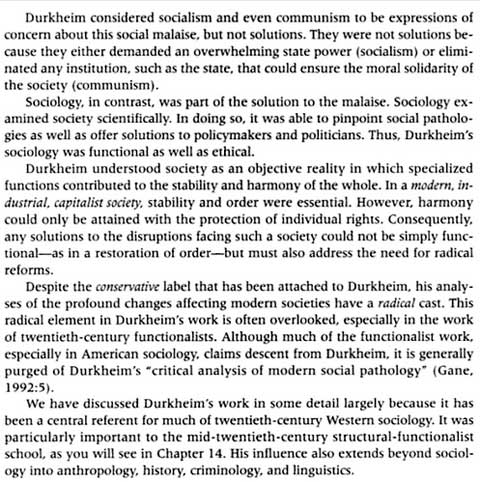5.4.2. Sobordinadas adverbiales - Subordinated adverbial clauses
Las oraciones subordinadas adverbiales son aquellas que ocupan el lugar de una frase adverbial en la oración principal. La posición habitual de la oración subordinada adverbial es justo a continuación de la oración principal aunque la mayoría de las oraciones adverbiales también pueden colocarse al inicio de la oración principal.
Hay al menos ocho tipos de oraciones subordinadas adverbiales. A continuación se presenta una tabla con las funciones principales que cubren las oraciones subordinadas adverbiales, los conectores subordinantes que marcan cada una de dichas funciones y algunos ejemplos que ilustran este tipo de oraciones.
| Subordinada adverbial | Exponentes | Ejemplos |
| Condicional | If (si), unless (a menos que), provided that, providing that (siempre que, siempre y cuando), as long as, so long as (en la medida que, en tanto que), even if (aun cuando), whether...or (si... o, ya sea que..o). | This new project will result efficient unless the manager opposes it. The company was ready to open provided that it might have one year tax free operations. What will the staff do if the company closes? Whether the manager opposes or not, the staff will ask for a pay rise. |
| Tiempo | When (cuando), before (antes), as (a medida que), after (despues), since (desde), while (mientras), until (hasta), as soon as (tan pronto como), every time (cada vez), whenever (cuando quiera que), the last/ next time (la última/primera vez que). | There was an accident in the factory while I was working there. The manager is so happy since he left his post. The manager will work until his death. Before you leave, do your job. As soon as the company opened, it was successful. When was the last time you visited the factory? |
| Propósito | To (para), in order to/ that, so that (para, para que), so (para que), so as to (para que). | This manager never explains the tasks to the new staff so that they take their own initiatives. The staff asked the manager permission to have a break. |
| Razón | Because, as, since (porque, ya que, como), in case, just in case (en caso de, por si acaso). | The company is exporting its products abroad because there is no local market for them. The manager will be there just in case the staff needs him. |
| Lugar | Where (donde), wherever (donde quiera), everywhere (en todos lados). | The government has removed imports barriers only where it was necessary. Wherever it is, it must be fine. |
| Resultado | So that (de tal forma que), so (de ahí que), and so (y por ello), such...that (tan...que...). | Some changes were done so that the machine works better now. The change was so good that everyone benefited from it. |
| Concesión | Although, though(aunque), while (mientras que), despite (a pesar de), whereas (mientras), even if (aun cuando), even if (aun si), in spite of (en vez de), except that (excepto que). | Although the manager had opposed the new project, the company implemented it with great success. The manager will resign even if the staff responds favourably. In spite of asking for a grant, the company decided to close. He is good while you are not. |
| Modo | As, like (como), the way (en la forma en que), as if, as thouth (como si), just as (justo como), much as (mucho como). | He manages the company just as his ancestors did. The manager followed the instructions the way he had been told by the directors. It works like a human being. |
| Actividad – Activity Nº 2 | |
|
En el siguiente texto
|
|
| Text of activity 2 | |
 |
|
| La imagen muestra cuatro párrafos de un libro de sociología. Fuente: Adams, B. (2001), Sociological Theory, Pine Forge Press, London. |
| Para ampliar - To broaden your knowledge | |
|
Para escuchar una explicación en inglés sobre los conectores subordinantes se adjunta el siguiente video. Prestar especial atención a los tipos de oraciones subordinadas que presenta.
|
|
